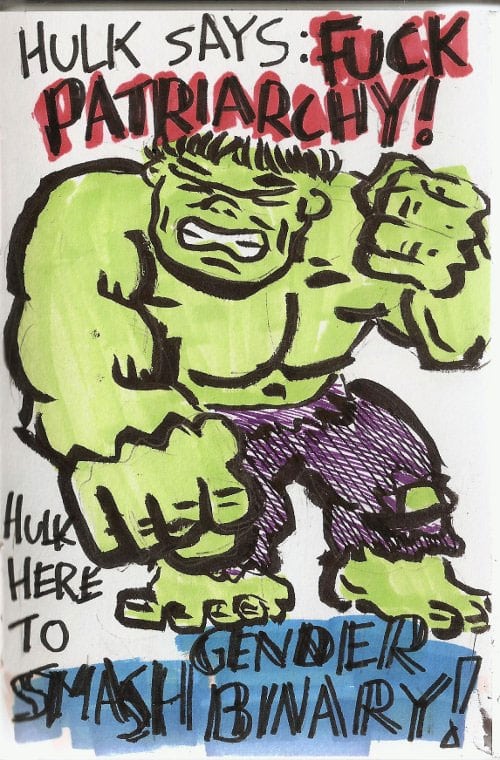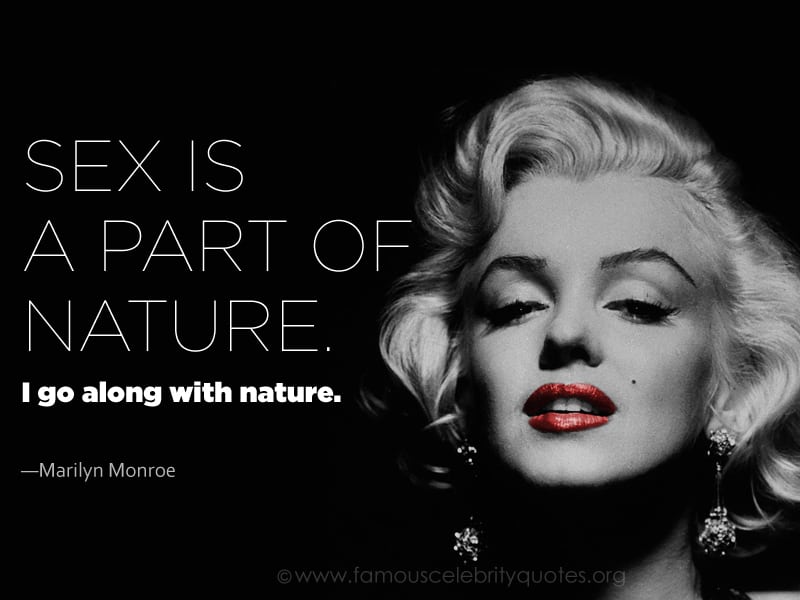At the age of 13, I decided I was going to break away from how I was expected to portray myself as a woman within my family’s religious expectations. At this age, I played in the streets with my closest friends, traveled around the block on my bike, and pretended to be a princess within the confines of my house. I realized the restrictions and hardships I would have to go through to break free from what I was taught and expected to be.
By this age, most of my peers had an inkling as to what sex was and how to go about the act. I, however, was completely uninformed. Growing up, neither my religious community nor my parents spoke about sexual wants and needs. There was only one rule: Remain pure until I got married, to satisfy my husband’s sexual needs in the future. There was never talk about healthy sexual habits, much less pleasure. To this day, my parents hold sex as an act that should only be done between a husband and wife. Those who go against that belief are condemned to a lifetime of shame and damnation.
Be that as it may, I was blessed with friends who were very open about their sexual escapades. Without them and my own curiosity to learn, I would have never known that sex is part of our nature and nothing to be ashamed of.
In 5th grade, my class was going to have a seminar about what happens “when a girl becomes a woman.” We were handed permission slips to have our parents sign in order to attend the seminar. As any curious child, I was excited to learn about what my body was going to go through. I skipped home only to have the paper torn up in front of my face followed by the stinging sensation of a slap on my cheek. I was young, but already angry that my parents were attempting to manipulate my mind by not allowing me to understand what my own body was going to go through as I matured. I went to class the next day and forged their signature on a spare my friend had so I could attend.
That was the first time any adult figure in my life addressed developmentally appropriate issues for those of us who had yet to reach puberty, such as physiological development, sexual health, and relationships. I learned the difference between male and female anatomy, how birth control was not just for contraceptive purposes, the importance of communication, that I was going to get my period, and much more. My parents never found out that I went, nor did they know about different events I went to throughout my entire educational career that allowed for me to break the mental barrier I had between my faith and my sexuality.
I never fully believed that I needed to abstain from any activity that could prevent me from fulfilling the needs of my future husband. I always wondered about my own wants and needs, as selfish as it may have sounded to others. Discreetly, I thought it was selfish of my future husband to deny me the opportunity to pleasure myself. If I ever wanted to be abstinent, it would be my personal choice and not because it was expected of me from my religious community as a woman. Having a connection with God is not based on my chastity. God and I will always have the understanding that my faith remains unwavering, even if my body has been “violated.” Many assume that because sex is a worldly need, thought to be created by the devil, that it is not something that should be explored. I disagree.
As “sinful” as sex may be, sex education is still necessary within the religious community. Each year, US teens experience as many as 850,000 pregnancies, and youth under the age of 25 experience about 9.1 million sexually transmitted infections (Advocates for Youth 2006). This is an important topic that needs to be discussed, especially within religious states and communities, due to the fact that the teen birth rate is at an all time high of 73% in those areas (Strayhorn 2009). These states practice non-contraceptive and abstinence only sexual education. Their approach is proven to be an ineffective method, while a comprehensive sexual education program is proven to be effective in assisting young people to make healthy decisions about sex and adopt healthy sexual behaviors. Although both comprehensive sex education and abstinence only programs delay the onset of sexual activity, only comprehensive sex education is effective in protecting adolescents from pregnancy and sexually transmitted illnesses at first intercourse and during later sexual activity.
I had never spoken to an adult about healthy sexual behaviors growing up. It was a conversation topic I kept within my group of friends, which is often an unreliable source of factual information. I am still uncomfortable talking about my sexual habits unless I am with a group that I am certain will not judge the choices I have made in my life. Many times, I’ve wished my family or community would open up and speak about this extremely important issue to create a sense of acceptance of our sexual behaviors. Speaking about sexual education within a religious setting can provide young women with a sense of self worth, responsibility, and a better understanding of sexual health.
Faith communities should promote justice for all people and the importance of personal responsibility and independence, as well as providing affirmation of their dignities. Rather than prohibiting young women from getting all the information about their bodies, they should allow them to be properly informed by adult figures about their options. Women are not being educated about accurate, safe and effective sexual health. It is important that the information be provided to young women. We deserve the tools and resources we need to build the kind of life and relationships we want for ourselves.



